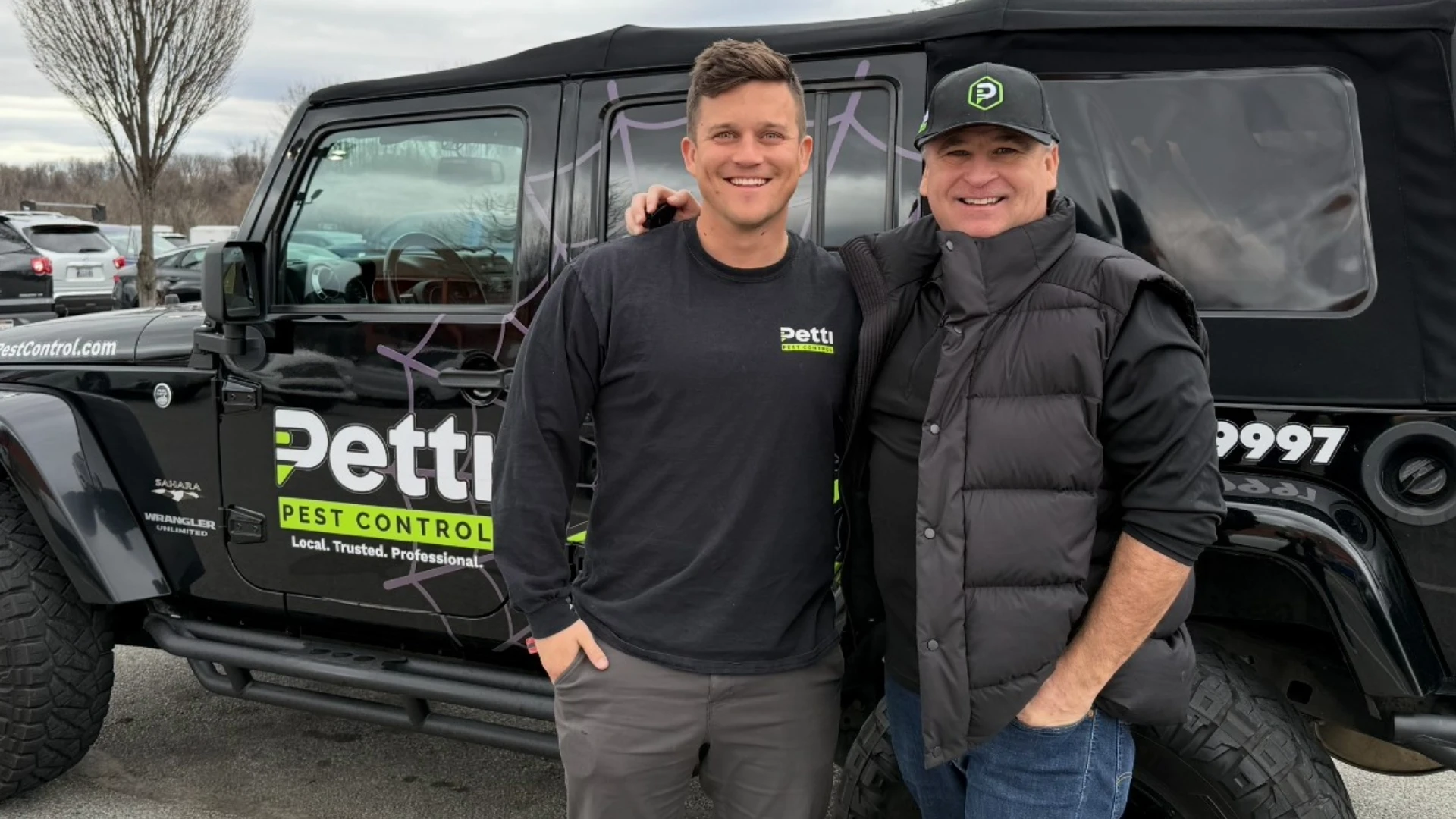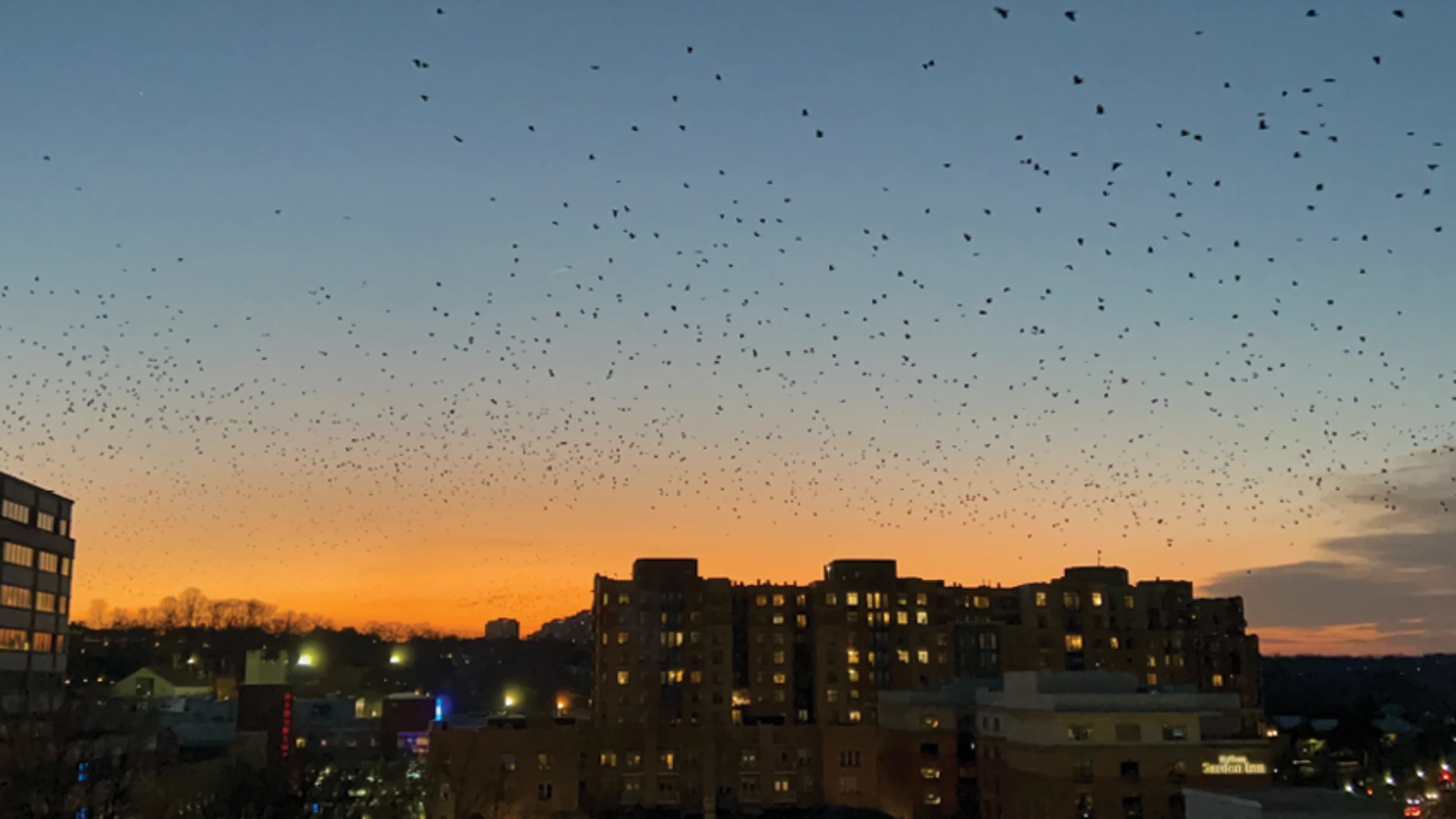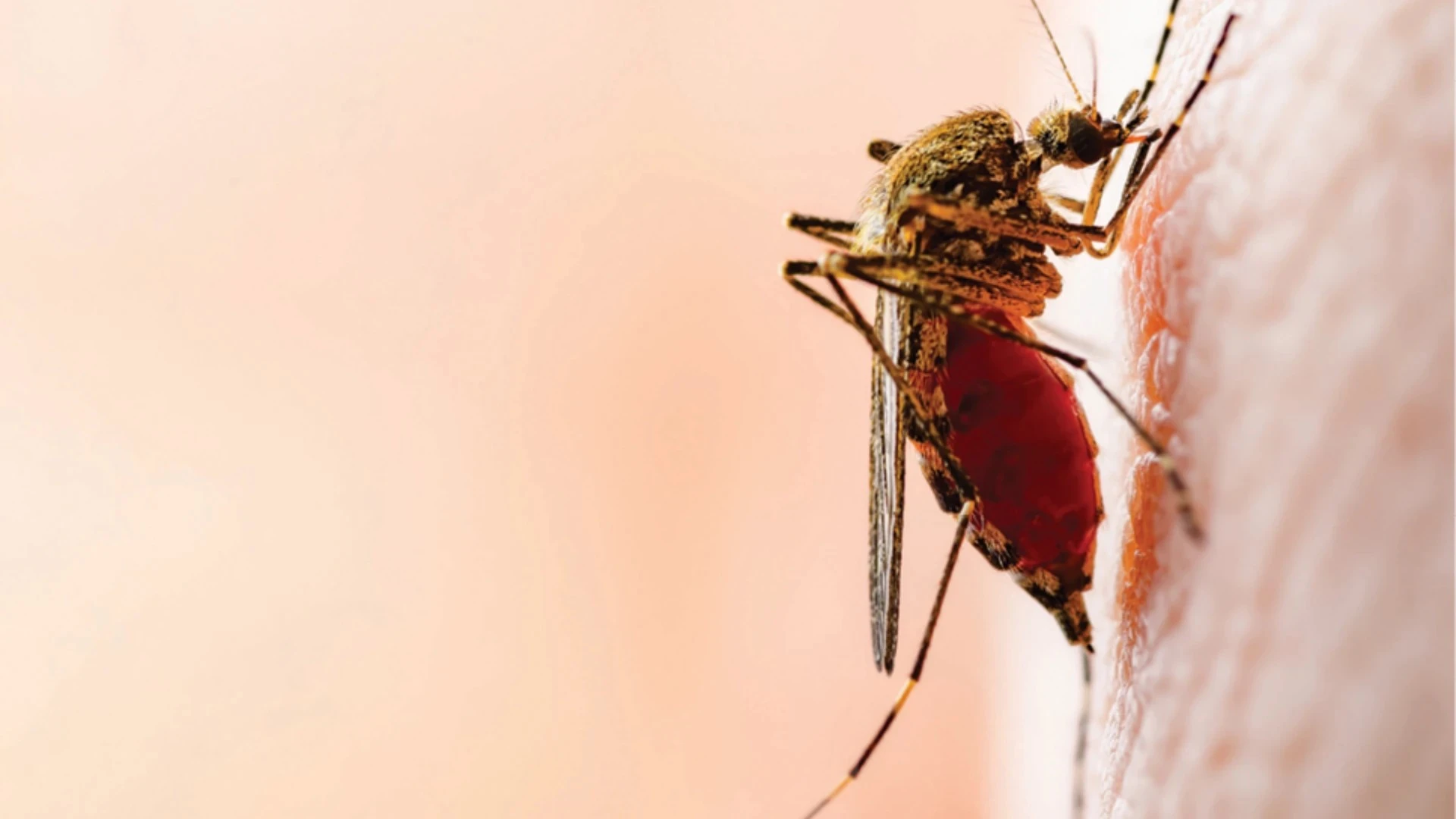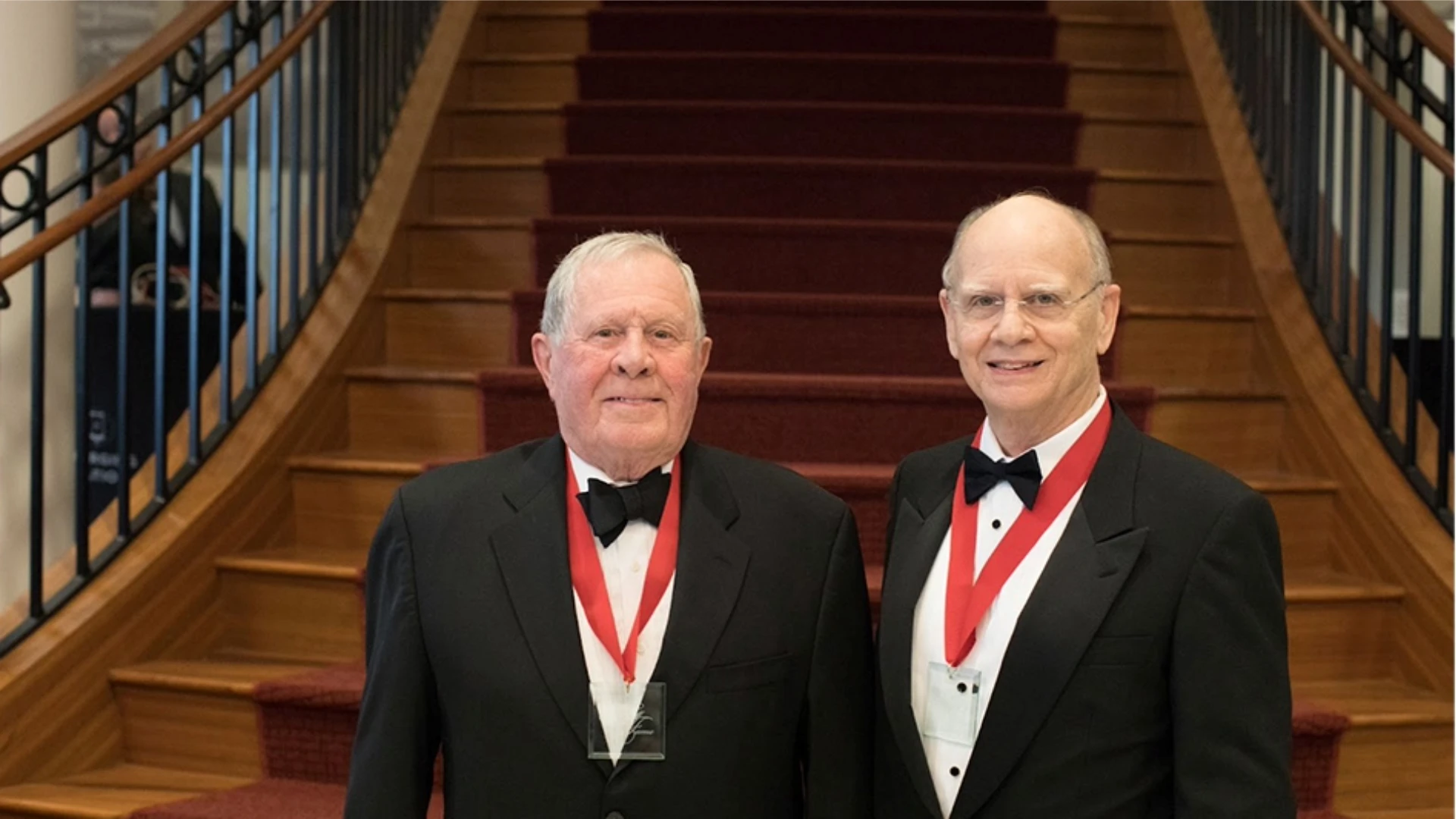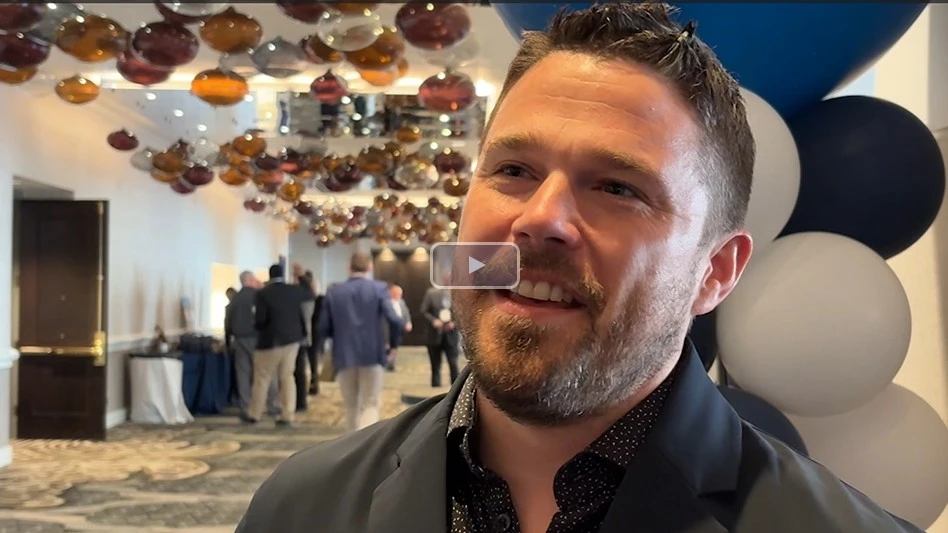
BAYTOWN, Texas - Pete Markham, owner of A-Mark Pest & Bird Management, Baytown, Texas, passed away on Aug 4, at age 68. Markham began his pest control career in the 1970s as a bird control and pest control specialist for Eli Lilly Corporation, working out of Clinton, Ind. Markham was well known nationally for his bird control expertise, particularly with displacing nuisance vultures, starlings, and other pests from oil refineries and similar large commercial properties. Markham started A-Mark in 1986.
Dave Mueller, retired owner of Insects Limited, Westfield, Ind., recalled, “Pete’s assignment to pest control from Eli Lilly came about after a pallet loaded with high-valued pharmaceuticals was shipped to Japan and returned when a bird feather was found in a pallet. Because of Pete’s background as a hunter and fisherman from the backwoods of Virginia, he was assigned the quality control/pest control job to manage a heavy bird population on the 1000-acre Eli Lilly campus next to the Wabash River. Pete was an observer. He arose before sunrise to observe where the birds landed and their habits. This keen observation helped him start his own family business in Texas and beyond.”
Purdue University’s Dr. Gary Bennett remembered Markham from his early days at Purdue. “He was always ready to help me out — whether it was the Purdue Conference, a field trip with students, or a departmental seminar. He and his wife, Val, established the Markham/Eli Lilly scholarship about 25 years ago that has helped many of our entomology students, many of whom have gone on to successful pest management careers. He and his family have been great supporters and friends to me and Purdue University. He will be greatly missed.”
Stoy Hedges, owner of Stoy Pest Consulting, said of his friend, “Pete’s infectious, good-natured enthusiasm converted most anyone into an instant friend. He was readily willing to share his knowledge with anyone experiencing issues with birds or wildlife. He built A-Mark from scratch into a sought-after bird and wildlife problem solver within the oil and gas industry, in particular, as well as for many other types of industries. Pete was an outdoorsman through and through. He loved to hunt and fish, translating those skills into his business as a keen observer of wildlife. I will miss fishing with him, particularly since we had yet to make that flyfishing trip to Alaska we had always planned.”
Mueller added, “Pete Markham was a much sought-after educator on bird management. His presentations were always entertaining. One day, I asked Pete to speak at one of our conferences. He began his presentation and we soon found out he had brought the slides from his family vacation. He laughed with that crooked smile that Pete was known for and advanced to his actual bird slides, relating stories about the many experiences he accumulated over the years managing birds. That is why he was so much in demand: he did the work himself and found unique methods to solve pest problems. I will miss his friendship and sense of knowledge of pest management. I know our industry will as well.”
Gene White, global director of vector management for Rentokil, recalled, “Many years ago I heard Pete make a presentation about the unusual pest work his career had led him to. I was totally amazed at the complexity of the pest problems he presented and how he distilled those problems into simple, feasible solutions through his observations and knowledge of pest biology. Pete had such a calm presentation demeanor (and personality) about dealing with rattlesnakes, feral hogs, and other nasty animals that I just had to meet him in person. Over the years we became good friends, meeting at various functions that always started with a handshake, a smile, and some wild or funny story from the field! It didn’t take me long to understand that Pete was a brilliant pest management strategist whose personal mark was humility and personal gratification in solving some of our industry’s most difficult pest situations. For our industry, we’ve lost a great gentleman, teacher, and colleague. I believe Pete’s legacy of innovations will stand next to the best forefathers of our industry.”
Another industry professional who met Markham at Purdue was Mark “Shep” Sheperdigian of Rose Pest Solutions, Tory, Mich. Sheperdigian said he “got to know him at an annual fishing trip. We all work in pest management and the fishing is great, but much time is spent sharing knowledge and interests. It was always a seven-course meal of stories and experiences, and Pete was always the main course. His advice was always worth the price of admission. He was colorful, but soft-spoken. Without being flashy, Pete managed to quietly stand out in every room he entered.”
Mike Potter, professor emeritus, University of Kentucky, also shared fond memories of Markham. “Pete was a keen observer of nature and learned his craft from a life spent outdoors, much in the mountains of Virginia. He was a perennial favorite at the UK Pest Control Short Course and my ‘go-to’ speaker on pest birds. His usual fee was dinner and a bear hug. From time to time, Pete would text me pictures of critters captured around his accounts — big, toothy ones like feral hogs, alligators, and epic rattlesnakes. He was tops in the world at managing vultures, an increasingly important problem in many areas of the country. A gentle giant, friend to everyone, and an industry icon.”
Markham loved his family above all else — his wife, Val, his two sons, Pete Jr. and Benjamin, his daughter, Jessica, his 11 grandchildren and one great grandchild. His children will continue to operate A-Mark Pest & Bird Management.

Latest from Pest Control Technology
- OvoControl Now Available in Chile
- Envu Announces Savings Programs for Pest Management Professionals
- Follow the Trail
- Carpenter Ants: Understanding the Bothersome Burrowers
- Massey Services Acquires Insight Pest Solutions of San Antonio
- Target Specialty Products Expands Sales Leadership Team
- Mosquito Joe Promotes David Price to Vice President of Strategic Growth
- Abell Pest Control Recognized as One of Canada’s Best Workplaces in 2025

